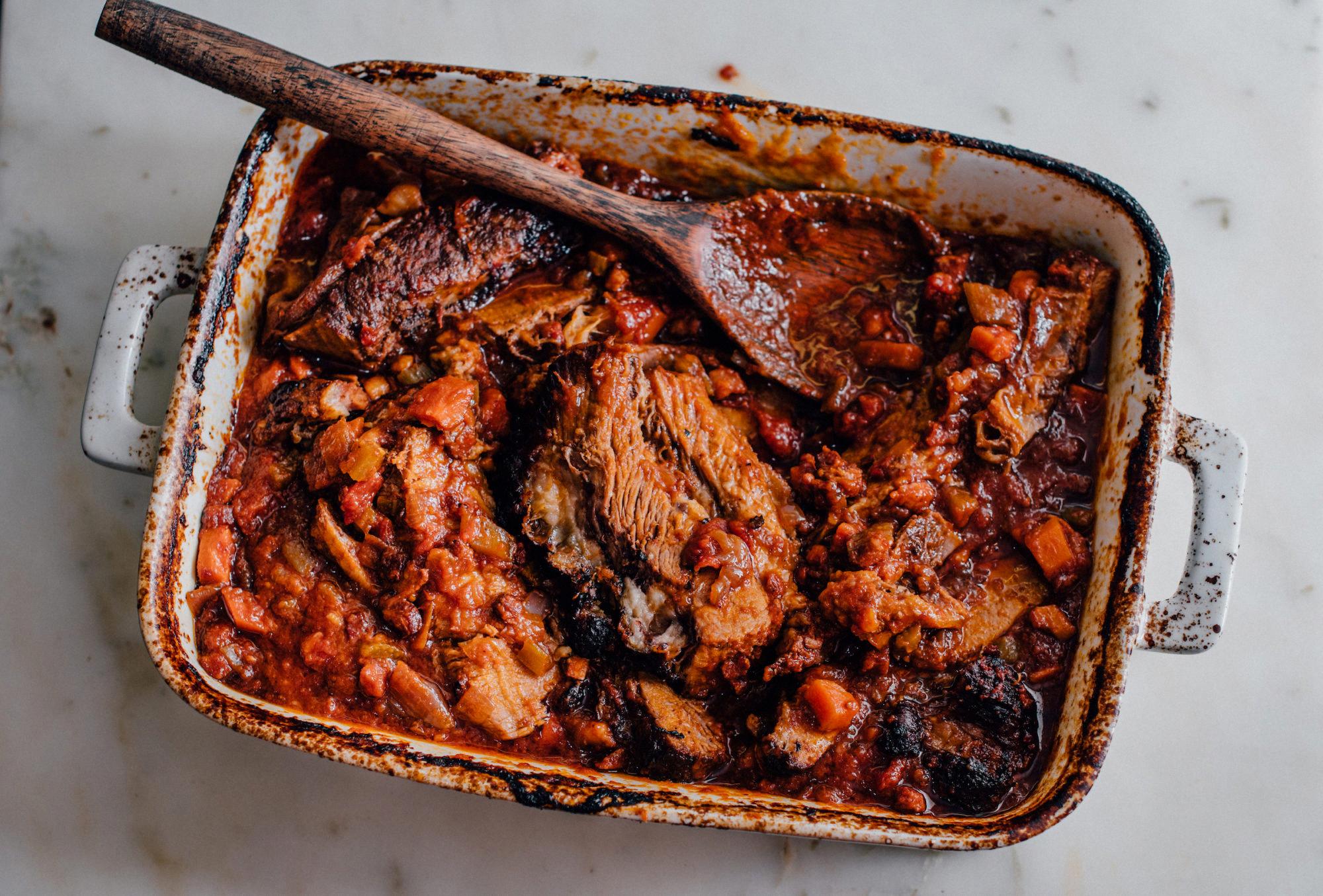The topic of "people eating elephant" is a highly sensitive and multifaceted issue that delves into the intersections of cultural traditions, ethical dilemmas, and environmental consequences. While it may sound shocking or even unimaginable to some, the act of consuming elephant meat has been documented in various parts of the world, often sparking intense debates and raising questions about morality, legality, and sustainability. The subject deserves careful exploration to understand the complex factors at play.
For centuries, elephants have symbolized strength, wisdom, and majesty in numerous cultures across the globe. However, in certain regions, particularly in parts of Africa and Asia, elephant meat has been consumed, either as a result of cultural practices, survival needs, or illegal poaching activities. The act of eating elephant meat often intersects with broader issues such as poverty, human-wildlife conflict, and the illegal wildlife trade, making it a topic that cannot be discussed in isolation.
In this article, we will take a deep dive into the ethical, cultural, and environmental aspects of people eating elephant meat. We will explore historical contexts, legal frameworks, and the global implications of this controversial practice. By shedding light on this complex issue, we aim to foster a deeper understanding of the challenges and solutions surrounding elephant conservation and human survival. Let’s dissect this topic through a well-structured and comprehensive lens.
Read also:Anthony Kim Face The Story Behind The Golf Prodigy
Table of Contents
- The Cultural Significance of Elephants
- Historical Context of Elephant Meat Consumption
- Survival vs. Luxury: The Reasons Behind Eating Elephant Meat
- Legal Aspects and Poaching
- The Environmental Impact of Elephant Consumption
- Ethical Dilemmas Surrounding Elephant Meat
- The Role of Government and International Laws
- Human-Wildlife Conflict and Elephant Meat
- Economic Drivers of Elephant Poaching and Meat Trade
- Cultural Traditions and Elephant Meat
- Alternatives to Elephant Meat Consumption
- Conservation Efforts to Protect Elephants
- The Impact on Local Communities
- Global Awareness and Advocacy
- Frequently Asked Questions About Elephant Meat
- Conclusion

